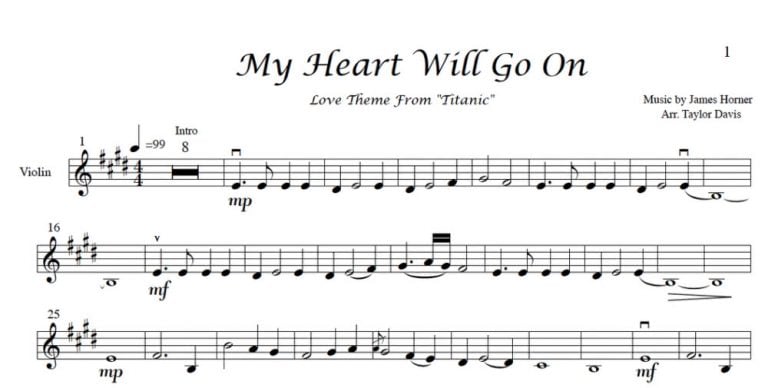This is the first of a regular series in which a writer defends a piece of art, a trend, a song, a film that they feel has been unfairly maligned.
There are a lot of sensible reasons to hate Celine Dion’s ‘My Heart Will Go On’. Most obvious is the extreme overexposure it received after soundtracking the highest-grossing film since Hollywood was called Hollywoodland.
Think about the sheer amount of times this song has been heard around the world.
- It sold over 18 million singles, plus the Titanic soundtrack itself sold a cool 30 million.
- Celine Dion’s 1997 solo album Let’s Talk About Love also featured the song, and sold 31 million.
- 128 million tickets were sold to Titanic in the U.S alone, not to mention the VHS and DVD sales.
That’s at least 200 million single listens to the song, at the very minimum. Obviously anyone buying this song heard it at least once before buying it, and will then play it at least once. So let’s double that still-modest figure. Then there is you. You’ve heard it loads of times. Everyone has. This is probably why you dislike it so. Everyone does.
Maybe it’s due to how overwrought and dramatic the song is – forever linked to the tragic tale of Jack and Rose: the class difference, the brief, passionate love affair, the impromptu art class, the door that only fits one. And that just the mental imagery. Sonically this song really hits you in the windpipe with the drama – from the peaceful foreboding flutes in the intro (which I thought were panpipes for the longest time) to the crashing key changes, and the Bronte-level torture of the long-lost love: “Every night in my dreams”, Celine opens. “I see you, I feel you.” It’s a lot.
But it’s meant to be a lot. The drama works – this song was written to soundtrack the most unabashed, heart-tugging movie since Thomas J couldn’t see without his glasses, and it more than matches the majesty and excess of the film.
https://www.youtube.com/watch?v=DNyKDI9pn0Q
Love Music?
Get your daily dose of metal, rock, indie, pop, and everything else in between.
It’s interesting to learn this song dodged numerous iceberg-sized hurtles before being brought to life.
Composer James Horner created it as an instrumental motif, and tapped lyricist Will Jennings to write lyrics. Director James Cameron hated it. Another producer, Simon Franglen made a demo for Celine Dion to sing over. Dion wasn’t keen; considering she just sang the Beauty and the Beast theme, but her husband convinced her it was a good idea. And it was. Dion tracked the vocal in one take, the demo was shown to Cameron who reluctantly included it at the end of the film – mainly to appease the studio who was concerned with the film’s escalating budget and thought a hit single would at least bolster the film’s chances.
In case you missed that last fact, this song — one of the highest-selling singles ever singled — is a goddamn one take vocal on a demo, whacked onto a film as a bargaining chip.
Far from being the epic undertaking it sounds like, it was a quick shot – lightning in a bottle. It’s Dion’s biggest song, the theme to the biggest film ever, and if that key change doesn’t work on you – well that’s just the hypothermia kicking in.


































